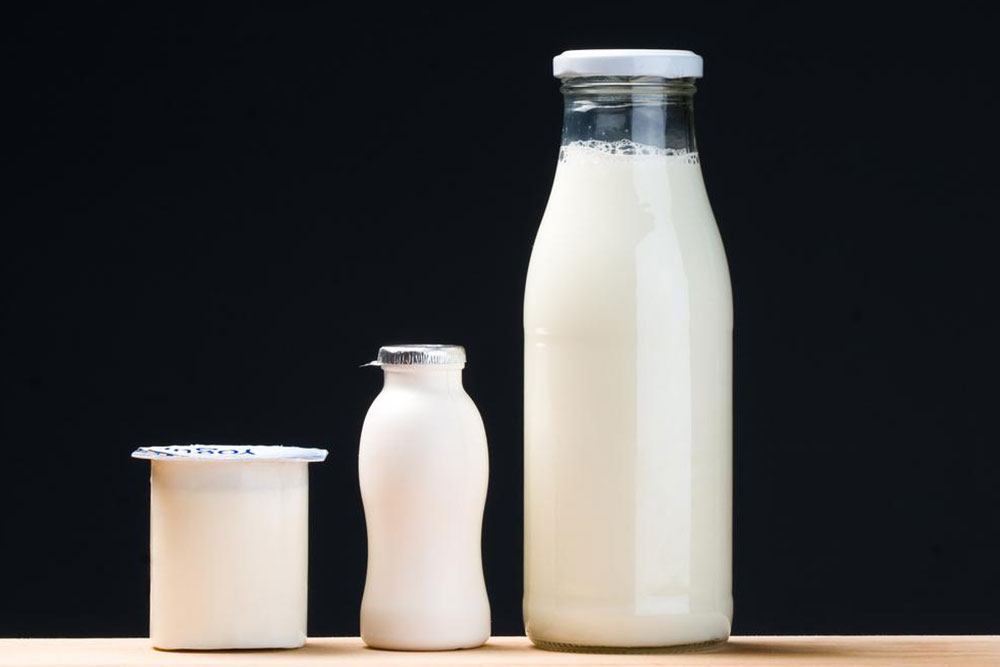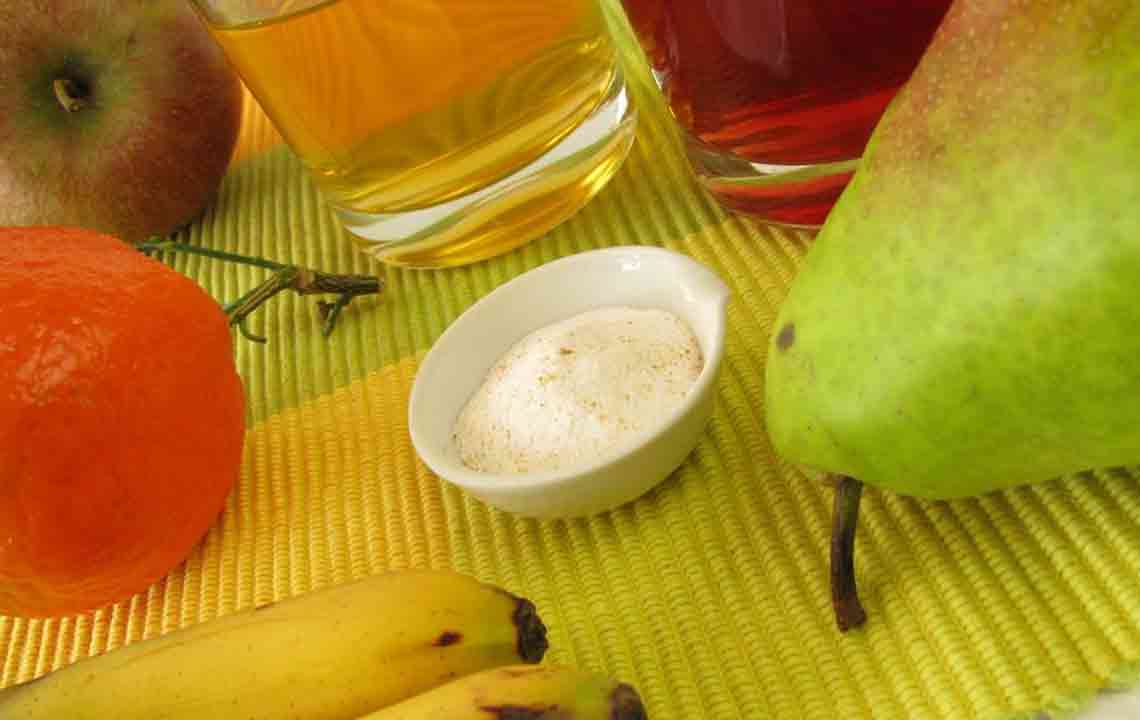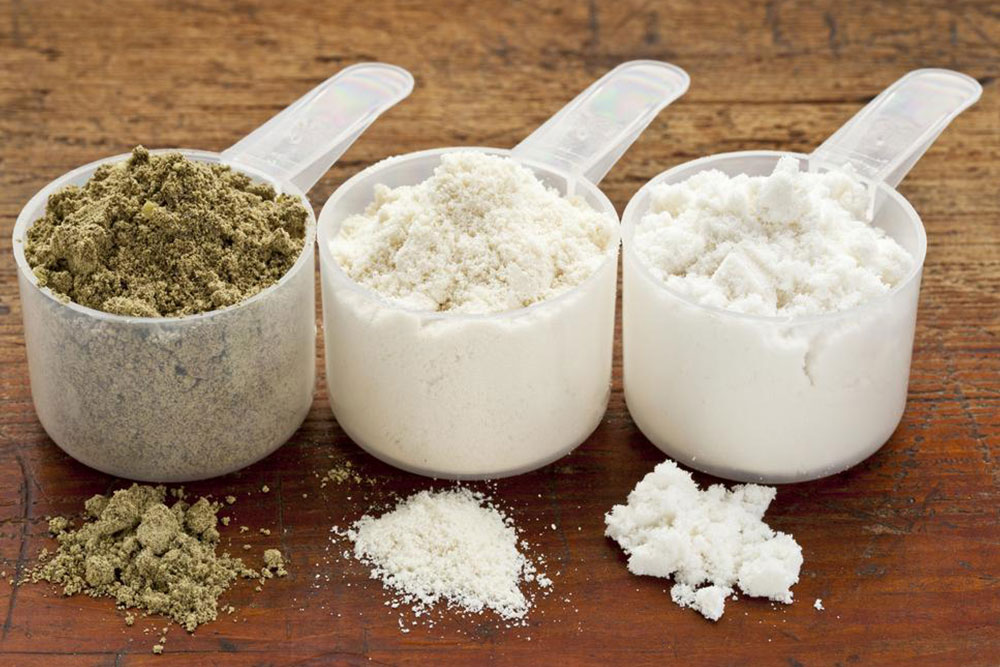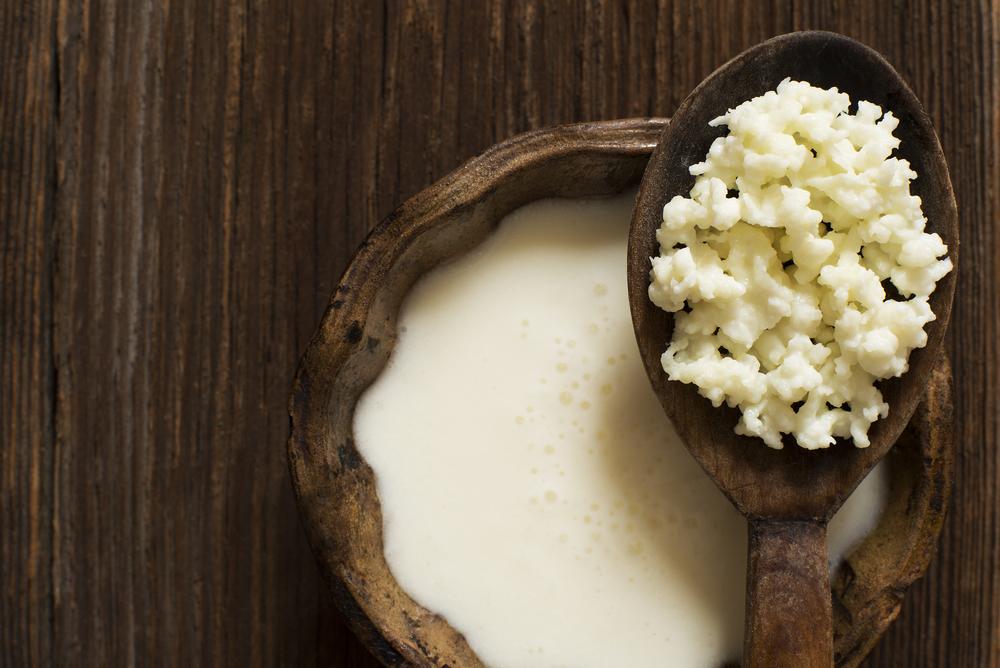Understanding Probiotics: Essential Facts and Benefits
Explore the essential facts about probiotics, including their sources, benefits, and types. Discover how these beneficial bacteria support digestion, immunity, and overall health. By incorporating probiotic-rich foods or supplements, you can optimize gut health naturally and effectively. Consult healthcare professionals to tailor probiotic intake to your needs and enjoy the myriad health benefits they offer for digestive and immune system wellness.
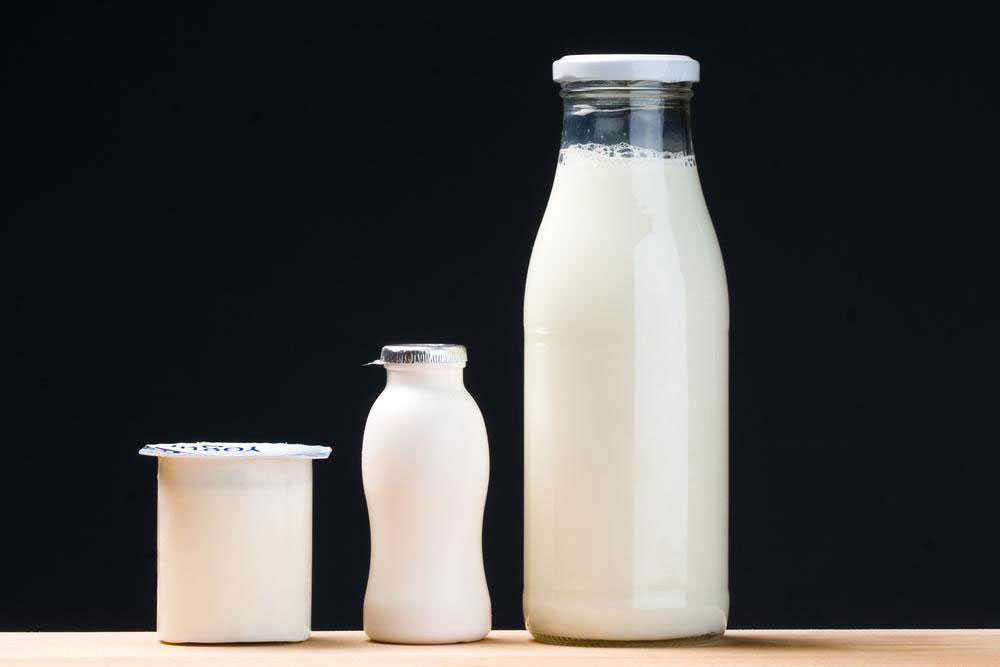
Understanding Probiotics: Essential Facts and Benefits
Probiotics have gained significant attention for their role in supporting overall health. These beneficial bacteria are often recommended for digestive issues. They are similar to the naturally occurring bacteria in our gut, including strains like lactobacillus and bifidobacteria, which reside in the intestinal lining and help maintain gut health.
The gut hosts a diverse community of healthy bacteria that outnumbers our body’s cells. These microbes assist in food digestion and strengthen immunity against infections.
What are probiotic sources?
Probiotics are foods containing bacterial strains similar to those naturally found in the gut. Regulatory agencies classify them as foods, not medicines.
Common probiotic-rich foods
When unhealthy diets or infections diminish beneficial bacteria, probiotics help restore balance. Key sources include:
Yogurt - The most popular probiotic food, known to ease lactose intolerance and support digestive health.
Fermented cheeses - Varieties like Gouda retain probiotics through digestion, aiding gut health.
Sourdough bread - Contains live probiotics that improve digestion.
Sauerkraut - Unpasteurized versions preserve probiotics, unlike pasteurized types.
Kefir - A fermented milk beverage rich in beneficial bacteria and yeasts.
Kimchi - Spicy Korean fermented vegetables loaded with immune-boosting vitamins.
Miso Soup - A Japanese dish with fermented soybean paste, high in antioxidants and B vitamins.
Sour pickles - Naturally fermented pickles containing healthy bacteria.
Tempeh - Fermented soybeans that are protein-rich and probiotic-friendly.
Probiotic supplements are also available for those seeking additional support. Products labeled "Live and Active Cultures" provide substantial probiotic strains; for example, yogurt can have over 100 million active cultures per gram.
What are probiotic bacteria?
Different strains offer unique health benefits. Consulting a healthcare professional helps determine suitable probiotic types.
Types of probiotics include:
Lactobacillus - Commonly found in yogurt and fermented foods, beneficial for lactose intolerance and diarrhea.
Bifidobacterium - Present in dairy, helpful for irritable bowel syndrome and other digestive issues.
Saccharomyces boulardii - A yeast strain aiding recovery from gastrointestinal disorders and diarrhea.
Advantages of consuming probiotics:
Restores beneficial bacteria - Promotes gut health by replenishing lost good microbes.
Fights diarrhea - Reduces severity caused by infections or antibiotics.
Supports mental health - Emerging research links gut and brain health, showing probiotics can improve mood and cognition.
Protects heart health - Certain strains help lower bad cholesterol levels.
Reduces allergies and eczema - Especially beneficial for infants and children.
Enhances immunity - Boosts resistance to infections by inhibiting harmful bacteria growth.
Here, probiotics play a vital role in maintaining intestinal health and addressing conditions like IBS, inflammatory bowel disease, urinary infections, and allergies.
